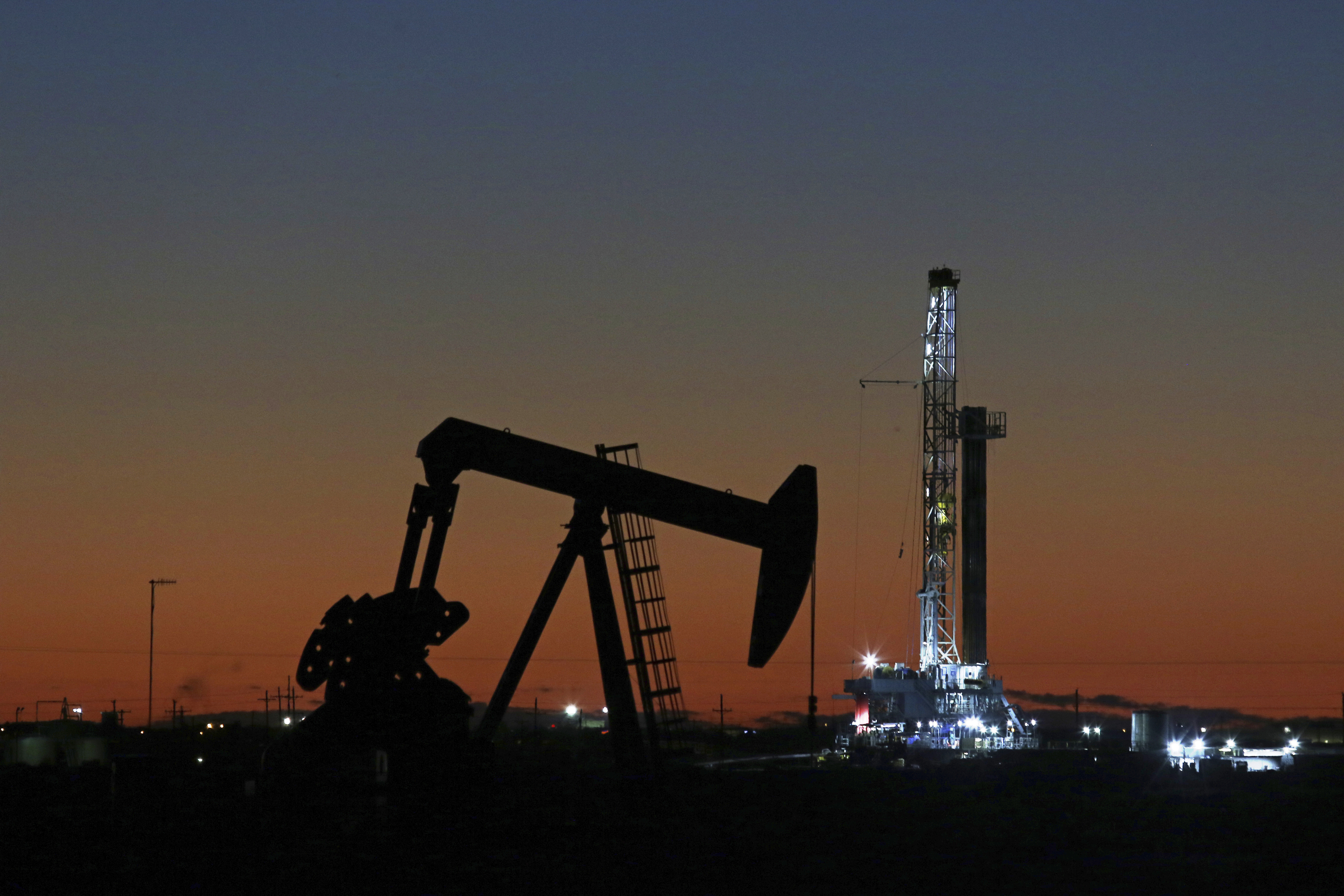

Oil prices fell on Monday on oversupply worries as OPEC and its allies are set to wind back output cuts in August and a rise in worldwide COVID-19 cases points to a slower pick-up in demand.
Brent crude futures slid 27 cents, or 0.6%, to $43.25 a barrel by 0642 GMT. U.S. West Texas Intermediate (WTI) crude futures were down 34 cents, or 0.8%, at $39.93.
Brent posted a fourth month of gains in July and U.S. crude posted a third as both rose from depths hit in April, when much of the world was in lockdown due to the coronavirus pandemic.
“Investors are worried about oversupply as OPEC+ is due to start reducing production cuts this month and a recovery in oil prices from record lows is likely to encourage U.S. shale producers to ramp up output,” said Hiroyuki Kikukawa, general manager of research at Nissan Securities.
“Also, fears over a resurgence in the coronavirus cases are weighing on oil markets,” he said.
Oil output by the Organization of the Petroleum Exporting Countries rose by over 1 million barrels a day in July as Saudi Arabia and other Gulf members ended their voluntary extra supply curbs on top of an OPEC-led deal.
Russia’s oil output in July was unchanged from June levels, the nation’s Energy Ministry said on Sunday. OPEC+, a grouping of OPEC and allies including Russia, is set to step up output in August, adding about 1.5 million bpd to global supply.
U.S. energy firms kept the number of oil and natural gas rigs unchanged at a record low as the rig count fell for a fifth straight month, although July marked the smallest monthly decline of the five.
Oil prices are set for a slow crawl upwards this year as the gradual easing of coronavirus-led restrictions buoys demand, although a second COVID-19 wave could slow the pace of a recovery, a Reuters poll showed on Friday.
The Australian state of Victoria declared a “state of emergency” on Sunday, while authorities in the Philippines said they would impose fresh restrictions in Manila this week, reflecting global worries about getting the pandemic under control.
“Adding to matters is that the U.S. consumer market is entering the last few weeks of peak driving season and with mobility tracking data flatlining,” Stephen Innes, chief global market strategist at AxiCorp, said in a report.
“Unless there is a significant drop in the COVID-19 case count curve that is sufficient enough to reduce consumer fear ... and shift mobility data higher, demand might not get much better from here on in,” Innes said.
Oman Observer is now on the WhatsApp channel. Click here



